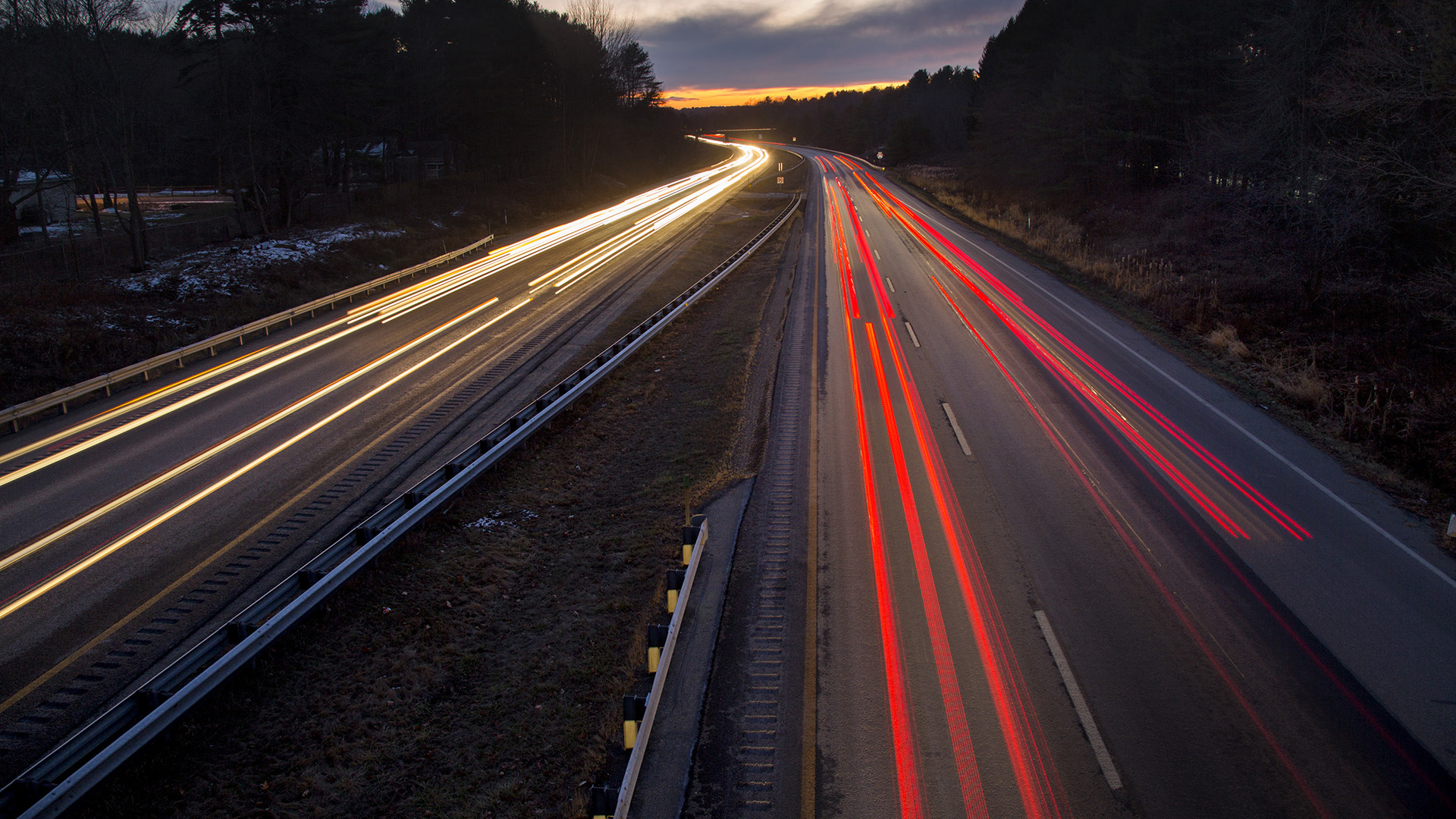

Self-driving cars rely on a holy trinity of sensors—cameras, lidar, and radar—to “see” their environment. But a new startup wants to streamline that sensor suite. Aeva is a Silicon Valley-based company founded by former Apple engineers Soroush Salehian and Mina Rezk. As described by The New York Times, Salehian and Rezk have created a device they believe can outperform current self-driving car sensors.
The Aeva co-founders left Apple late last year and founded Aeva in January. They believe the current trifecta of cameras, radar, and lidar leave gaps in the data they produce. Aeva’s sensor is based on lidar—but instead of sending out individual pulses like current lidar devices, it sends out a continuous wave. This creates a more detailed image of the object being tracked, and allows the device to measure velocity as well.
By measuring both the distance between the car and an object as well as velocity, the device can essentially do the work of both lidar and radar, according to Aeva. It can also provide greater range and resolution than existing lidar units, cope better with weather and highly-reflective objects, and avoid interfering with other sensors.
Self-driving cars will probably always have multiple types of sensors for redundancy’s sake, but a technology that streamlines the sensor package could be a winner. The cost of sensors is a major issue for the mass production of self-driving cars, and people might be more accepting of them if they weren’t festooned with the array of gadgets today’s prototype cars wear.